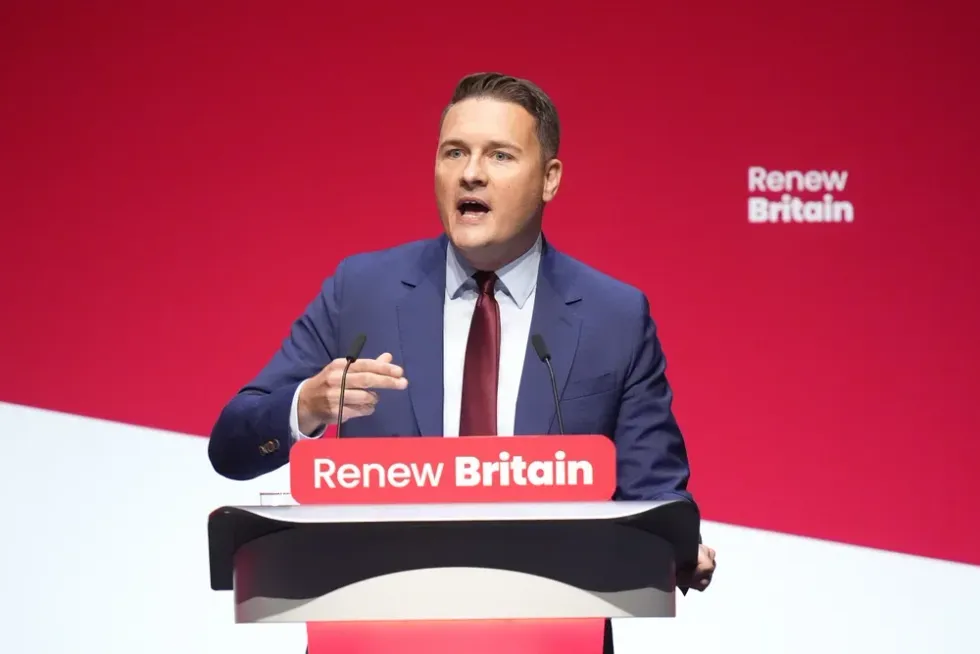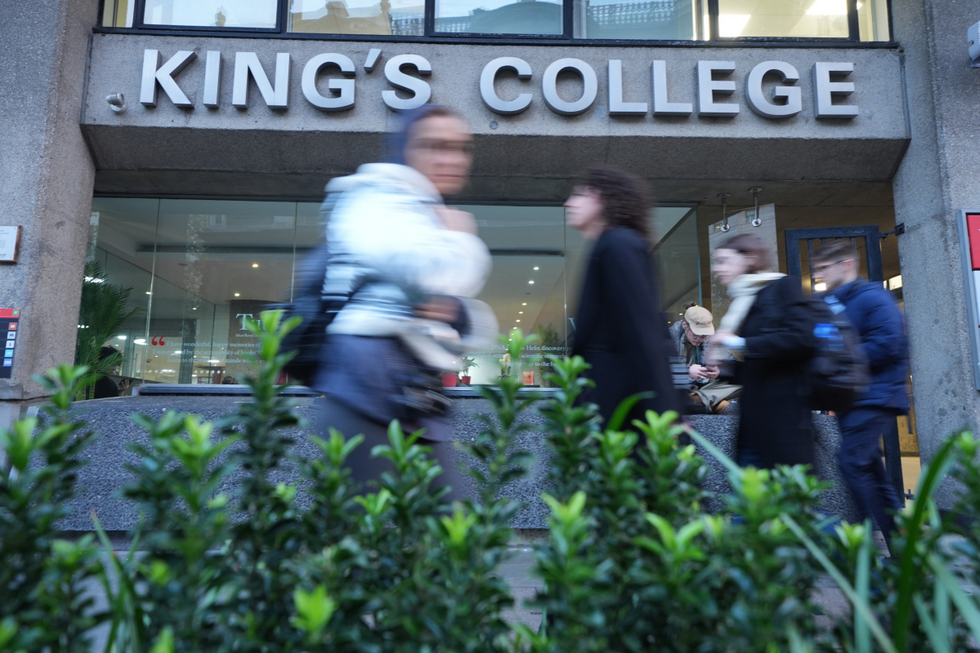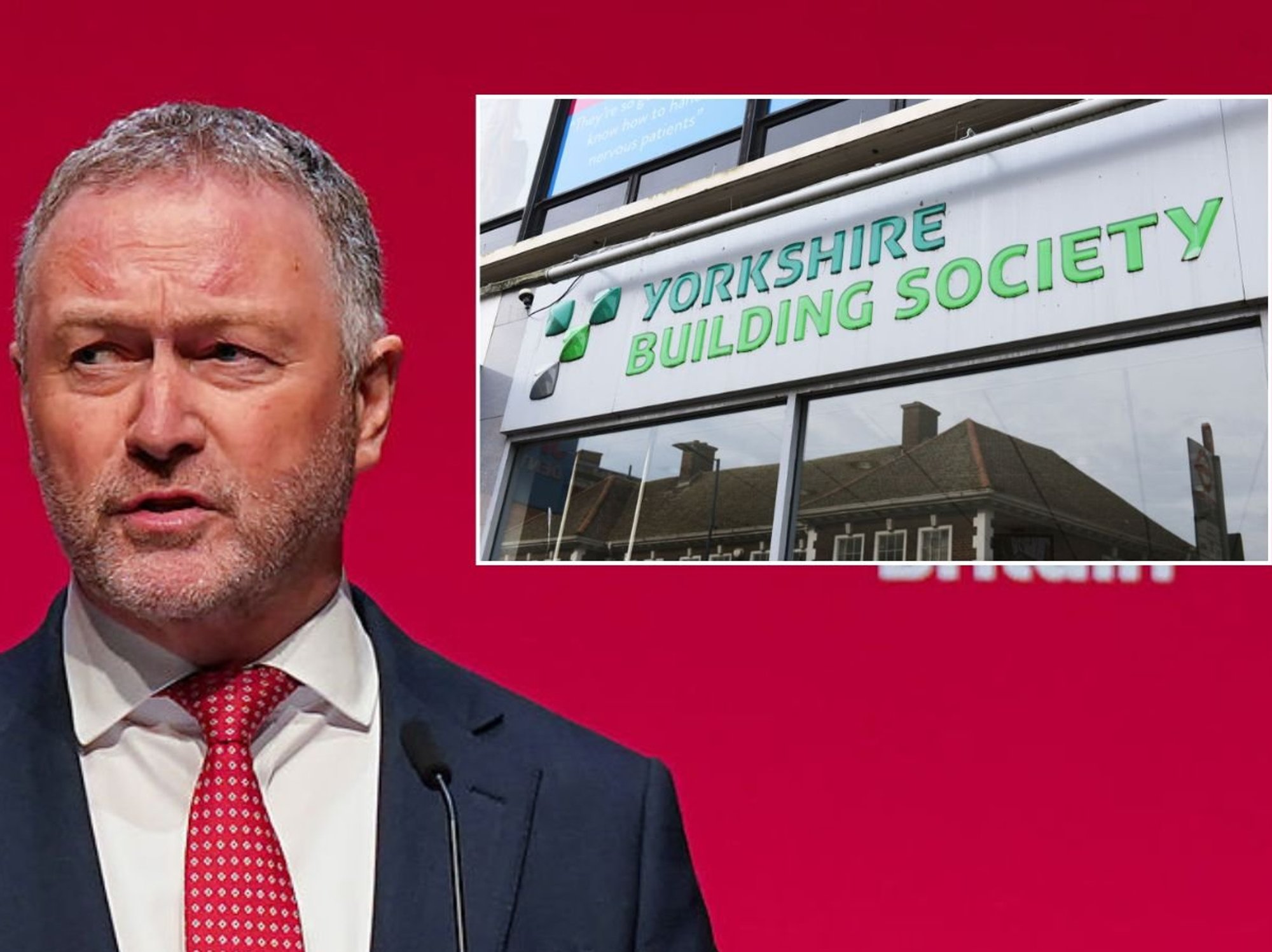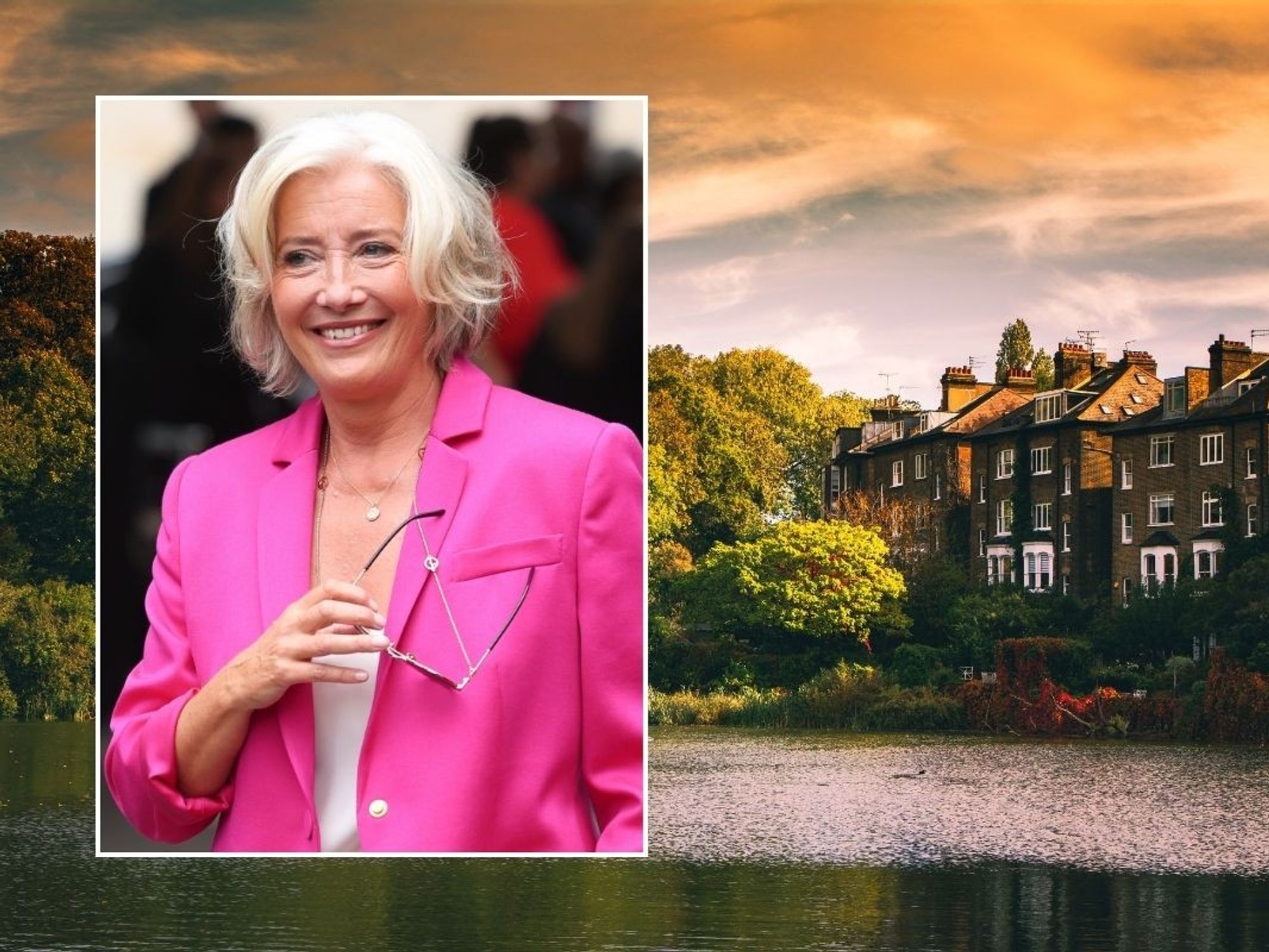Hundreds of children set to be enrolled in NHS-backed puberty blocker trial following Cass Review
Wes Streeting banned the drugs for 'presenting an unacceptable safety risk' to young people
Don't Miss
Most Read
Hundreds of children are set to take part in a trial to monitor the effects of controversial puberty blockers after the Health Secretary banned them for "presenting an unacceptable safety risk" to young people.
Wes Streeting said any medical intervention, particularly on minors, needed to be evidence-led, pointing to the landmark Cass review of gender services which found there were "safety concerns around the lack of evidence for these medical treatments".
Last year, he placed an indefinite ban on puberty blockers, which is used by youngsters who believe they want to transition, pending a review.
Now details have emerged on how the drugs will be tested on a small cohort of children. Up to 500 children are set to be enrolled in the first trial of its kind, which will be carried out by researchers at King's College London, to discover if the benefits of the drugs outweigh any harms in those who believe they were born in the wrong body, known as "gender dysphoria".
TRENDING
Stories
Videos
Your Say
The final results, which are expected to be released in four years' time, will inform decisions on whether the ban should be relaxed or made permanent.
Critics have demanded an immediate halt to the trial and claim that the research is "unlawful".
However, supporters say the work is necessary to find out if children do benefit from the drugs which stop them developing secondary sexual characteristics, such as facial hair and deeper voices for those born as men, and breast development for those born as women.
Lead researcher Emily Simonoff, Professor of Child and Adolescent Psychiatry at KCL, said there was no conclusive evidence puberty blockers affected fertility or brain development, as has been claimed.

Wes Streeting said any medical intervention, particularly on minors, needed to be evidence-led
| PAAnd she said the trial would assess the risks and whether the drugs helped reduce feelings of “anxiety, depression or suicide" in children affected by gender dysphoria.
The £10million trial would see young people given puberty suppressing hormones, known as gonadotropin releasing hormone analogues (GnRHa), while having their physical, social and emotional well-being monitored across two years.
Experts involved say the researchers will continuously to assess the children to ensure any safety concerns are picked up.
This will include brain scans to check for changes to brain development as well as bone scans, the drugs are suspected to impair bone strength, as well as investigations into potential effects on fertility and sexual function.
LATEST DEVELOPMENTS

Up to 500 children are set to be enrolled in the trial, which will be carried out by researchers at King's College London
| PAThe researchers insist all those recruited will be assessed by specialist teams to see if they are suitable and have capacity to consent.
Consent will also be given from their parents or guardians. More than 200 children will be recruited for the trial and half of these children will be able to go on the drugs as soon as they are deemed eligible.
Others will wait for a year before they can access the drugs. These children will be compared to youngsters who do not receive any hormone drugs.
The researchers hope by comparing the two groups they will be able to see if the hormones reduce the numbers of children experiencing anxiety, suicidal thoughts and depression due to their gender dysphoria.
The research is part of a wider four-part "Pathways" study, funded by the NHS and the National Institute for Health and Care Research (NIHR).
Other parts of the study will involve tracking the physical and mental health and wellbeing of children, including those not on the puberty blocker trial, attending NHS gender clinics.
A landmark review published last year by Baroness Cass recommended a more holistic approach to gender care, including screening for neurodevelopmental conditions, such as autism, and mental health assessments.
Researchers said the overall studies could highlight differences among children with autism and ADHD, and potential differences among those seeking care based on their gender at birth.
In a previous statement to Parliament, Mr Streeting said: “The Cass review made it clear that there is not enough evidence about the long-term effects of using puberty blockers to treat gender incongruence to know whether they are safe or beneficial... It is a scandal that medicine was given to vulnerable young children, without proof that it was safe or effective.”
In a further statement, he added: “I am treading cautiously in this area because the safety of children must come first…”
Keira Bell, 28, who de-transitioned after she was given puberty blockers and cross-sex hormones as a teenager, said the trial should be banned.
She added existing research has already shown the drugs to be harmful.
She said: “I think it’s disgusting that we're again putting children on these drugs. This is all in the name of a new 'study' whereas in fact The Tavistock conducted its own study years ago. The Secretary of State then banned these drugs as unsafe. Have we forgotten about the children that have already suffered from puberty blockers?”
Paul Conrathe, of Conrathe Gardner LLP, who acted on behalf of Ms Bell in a legal case against the gender clinic which prescribed her the hormone drugs, said: “There are grave legal concerns about conducting a trial on children using a treatment which may lead to irreversible lifelong harm, and which research has already shown provides limited, if any, benefit. The failure to conduct animal trials before experimenting on children exposes them to an unacceptable risk of harm.”
James Esses, a psychotherapist who campaigns for the ethical treatment for gender dysphoria, said: ’We already know the irreversible damage, both physical and emotional, caused by puberty blockers. That is precisely why they were banned in the first place. To put more children on a path towards such harm, like lambs to the slaughter, would be the antitheses of child safeguarding. The rest of the world is looking on. Let us not be written into the history books as the country that knowingly destroyed the lives of vulnerable children.”
Professor Rod Mitchell, an expert in child hormonal development at the University of Edinburgh, said long term health effects might be missed by such a "short term" trial. He said: "The study is limited by the relatively short follow-up period, which makes it difficult to determine the impact of puberty suppression on physical development, including bone health.
“Given that this study has now been approved to determine the short-term effects of puberty suppression in gender incongruence, the opportunity to invite this group to join longer-term follow-up studies should not be missed.”
Professor James Palmer, National Medical Director of Specialised Services at NHS England, said: “These important research studies will help us to better understand how to support young people with gender incongruence within the NHS as we continue to implement the recommendations from the Cass Review.
“Building on advice from Dr Cass, the clinical trial will gather vital evidence on the potential use of puberty suppressing hormones for children and young people, alongside comprehensive assessment and psychosocial support, so we can continue to deliver care that is safe, effective and evidence-based, while also helping young people and their families make more informed decisions about their care.”
Our Standards: The GB News Editorial Charter











